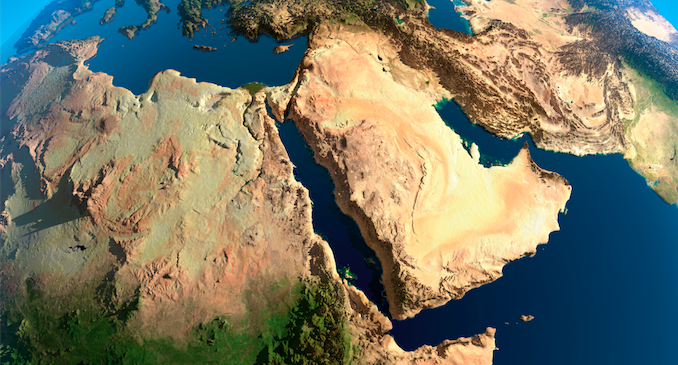The Middle East’s booming family entertainment centres industry is about to become the unwitting victim of fiscal regulations.

Both the Kingdom of Saudi Arabia and the United Arab Emirates will introduce value added tax (VAT) in January 2018, with other GCC countries following soon afterwards.
The industry in the region is faced with a 5 per cent tax on all activities, along with hundreds of thousands of other businesses in the region – about 300,000 of them in the UAE alone. They have to begin to register for VAT from the middle of September through the countries’ Federal Tax Authority. They will be expected to file VAT returns on a quarterly basis, but can opt to pay in monthly instalments.
The regulatory framework for both VAT and excise duty will be introduced into the separate governments during the fourth quarter of 2017. The tax is likely to be applied only to companies with annual revenues exceeding US$100,000 per year, but this will affect most family entertainment centres.
Prakash Vivekanand, CEO at ASI, the major machine distributor, said: “As I understand it, the tax will be on all revenue earned by a business in the UAE. The clarity on this is still obscure and we will know more by mid-September. Our trade association, MENALAC, is in talks with the authorities to get a more precise understanding of the implications."
Major operator in the region, Landmark Leisure, run by Silvio Liedtke, was more certain of the implications: “VAT will be applied to all forms of entertainment, so we must bite the bullet as well. The tax will be applied to all of the revenue taken, cash, debit cards, etc. It is difficult to judge the impact as we are not selling a tangible product, more entertainment, so if we pass the tax on to the customer will he spend less or stay for a shorter time? If we just increase the price of play we will ultimately give the customer less value for money. We have to be smarter and yet more innovative to counteract VAT.”

